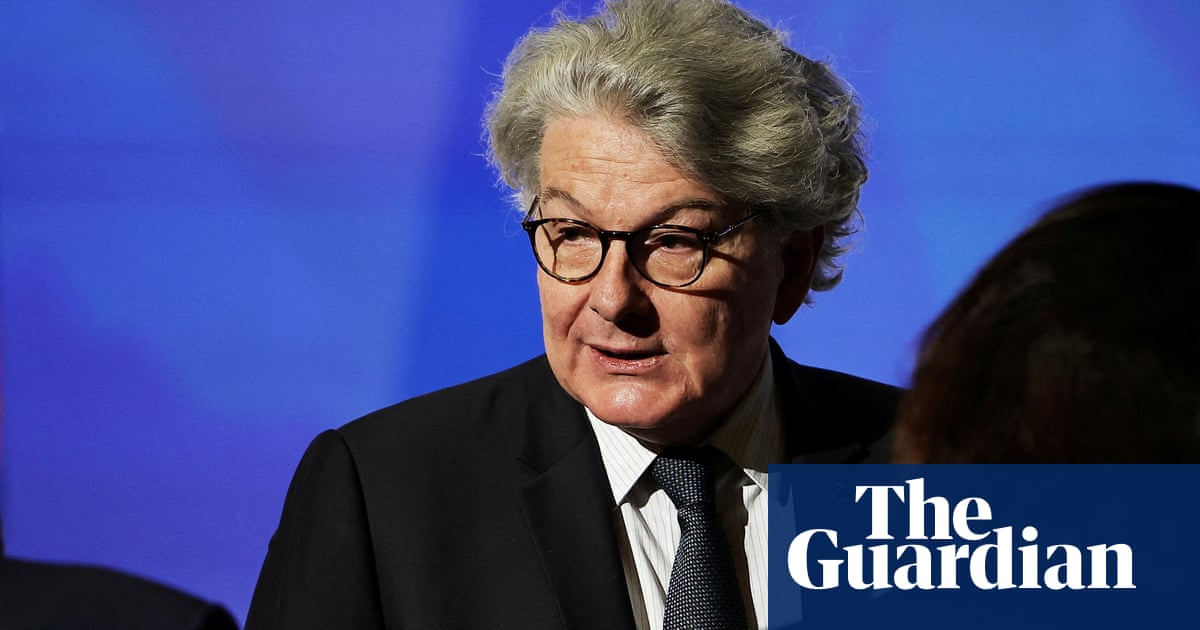Jannik Sinner is not known as one of the most expressive characters on the tennis scene.
Even so, the Italian world number one’s more subdued demeanour was glaringly obvious during his march to the US Open title.
Reserved celebrations and increased mindfulness were the result of Sinner being embroiled in a doping controversy that shook the tennis world to the core.
In the week leading up to the final Grand Slam tournament of the season in New York, it was revealed Sinner had twice failed anti-doping tests earlier this year.
Sinner, 23, was found to have low levels of clostebol – a banned anabolic steroid – but was found to have no fault or negligence by an independent tribunal.
“Obviously it was very difficult for me to enjoy in certain moments,” Sinner said after beating Taylor Fritz to win the US Open on Sunday.
“Also how I behaved or how I walked on the court in certain tournaments before, it was not the same as I used to be, so whoever knows me better, they know that something was wrong.”
Over the course of the past two weeks, he has attempted to put the topic in the background. The rocky start has been transformed into a triumphant finish.
Yet the case has thrown up lots of debate and a host of questions have not gone away.
The World-Anti Doping Agency (Wada) has subsequently launched an appeal against the decision to clear Sinner of blame.
The body announced the decision 20 days after Sinner’s US Open triumph, saying the ruling by the independent tribunal was “not correct under the applicable rules”.
Sinner’s second Grand Slam victory will – for many people – continue to have a heavy cloud hanging over it.
Reputational damage is not easy to shake off.
British doubles player Tara Moore, also found to have no fault or negligence in a doping case, described the “trickling away” of her reputation in the 19 months she was not allowed to play while fighting to clear her name.
Similarly, British athlete Paula Radcliffe and Australian swimmer Ian Thorpe – superstar names in their fields – felt they had been “tarnished” by wrongly being accused of doping in huge stories of their time.
Although Sinner was cleared of wrongdoing, he will never be free of the suspicion and scepticism which remain in some quarters.
“As with any player who tests positive, there is going to be a cloud and some doubt over them for the rest of their career,” said investigative journalist Edmund Willison, whose Honest Sport website, external specialises in sports doping stories.
“Certainly it will always be in the rear window.”
Article by:Source-




















